Dua For Travelling In English And Arabic Text
A journey can be anything from an hour-long car ride to a cross-country road trip to a trip halfway around the world, but no matter what your travel looks like, there’s one thing that’s always true: Dua for travelling makes the journey safer and more enjoyable.
Advertisements
If you’re looking for dua for travelling, here are some of the best supplications from the Sunnah you can use before your trip begins or before each leg of your trip so that you arrive at your destination in one piece with all of your belongings safely in tow.
Read through the Dua below, and make sure to say it when you are traveling.
Dua For Traveling in Arabic
Here is the Dua for travelling in Arabic text.
الله أكبر، الله أكبر، الله أكبر، اللَّهُمَّ إِنَّا نَسْأَلُكَ فِي سَفَرِنَا هَذَا الْبِرَّ وَالتَّقْوَى وَمِنَ الْعَمَلِ مَا تَرْضَى اللَّهُمَّ هَوِّنْ عَلَيْنَا سَفَرَنَا هَذَا وَاطْوِ عَنَّا بُعْدَهُ اللَّهُمَّ أَنْتَ الصَّاحِبُ فِي السَّفَرِ وَالْخَلِيفَةُ فِي الأَهْلِ اللَّهُمَّ إِنِّي أَعُوذُ بِكَ مِنْ وَعْثَاءِ السَّفَرِ وَكَآبَةِ الْمَنْظَرِ وَسُوءِ الْمُنْقَلَبِ فِي الْمَالِ وَالأَهْلِ.
Advertisements
Transliteration
Allaahu Akbar, Allaahu Akbar, Allaahu Akbar, Subhaanal-lathee sakhkhara lanaa haathaa wa maa kunnaa lahu muqrineen. Wa ‘innaa ‘ilaa Rabbinaa lamunqaliboon. Allaahumma ‘innaa nas’aluka fee safarinaa haathal birrawattaqwaa, waminal amalimaa tardhaa, Allaahumma hawwin ‘alaynaa safaranaa haathaa watwi ‘annaa bu’dahu, Allaahumma ‘Antas-saahibu fis-safari, walkhaleefatu fil-‘ahli, Allaahumma ‘innee ‘a’oothu bika min wa’thaa’is-safari, wa ka’aabanl-mandhari, wa soo’il-munqalabi fil-maaliwal’ahli.
Dua For Traveling in English
The translation of dua for traveling in English is as follows,
- Allah is the Most Great. Allah is the Most Great.
- Allah is the Most Great. Glory is to Him Who has provided this for us though we could never have had it by our efforts. Surely, unto our Lord we are returning.
- O Allah, we ask You on this our journey for goodness and piety, and for works that are pleasing to You.
- O Allah, lighten this journey for us and make its distance easy for us.
- O Allah, You are our Companion on the road and the One in Whose care we leave our family.
- O Allah, I seek refuge in You from this journey’s hardships, and from the wicked sights in store and from finding our family and property in misfortune upon returning.
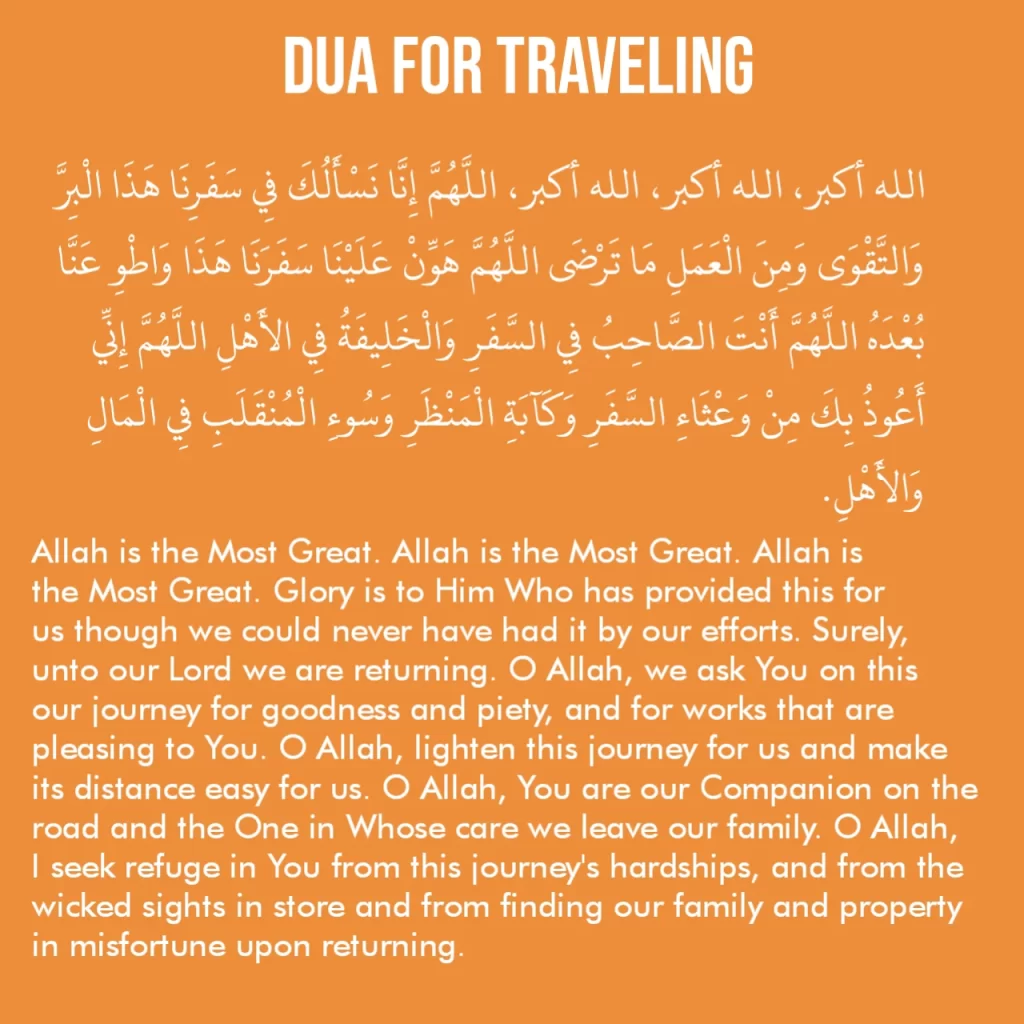
What Did Prophet Muhammad SAW Say About Travel?
Ibn Umar, may Allaah be pleased with him, reported that when the Messenger of Allaah, sallallaahu `alayhi wa sallam, would ride on his camel in order to travel, he would say:
Allaah is the greatest [Allaahu Akbar], three times, then would say:
Transcendent is Allaah who has subjugated this for us, and we were not powerful ourselves enough to use it as a ride and to Allaah is our return. O Allaah, we ask in this travel of ours, for piety, righteousness, and actions that please You. O Allaah, make this travel easy on us, and make its distance shortened. O Allaah, You are the companion in travel, and the caretaker of the family. O Allaah, we seek refuge in You from tiredness of travel, looking sorrowful, and from an evil return in wealth or family.
Advertisements
When he, sallallaahu alayhi wa sallam, would return, he would say:
We have returned; we repent to Allaah, worship Allaah, and thank our Lord.
Reported by Muslim (1342)
Advertisements
Transcendent is Allaah who has subjugated this for us, and we were not powerful ourselves enough to use it as a ride, the occasion of beginning with this remembrance and starting with:
Transcendent, is to deem Allaah the Exalted, in that subjugating riding beast for us is a great favor that none besides Him and do, so it is appropriate to rule Him as transcendent and having no partners in such an instance.
To Allaah is our return, the occasion of this is that since riding a boat or a riding beast might lead to death at times, that causes them to remember their hereafter, so it was appropriate to mention the hereafter, because the riding beast is one of the means that one is destroyed, which would cause them to fear Allaah on their riding beast and on their travels.
O Allaah, You are the companion in travel, meaning, the One that preserves and helps.
The origin of the word refers to accompanying, and it refers to the accompanying of Allaah by way of care, preservation, and maintaining.
So, through this statement, he, sallallaahu alayhi wa sallam, brought notice to reliance on and sufficing with Him apart from any other companion.
The caretaker of the family, the caretaker or successor is the one that takes the place of someone in caring for their affairs.
At-Tooribishti, may Allaah have mercy on him, said:
The meaning is that You, O Allaah, am the One that I seek and rely on in my travel, in that You be my helper and preserver, as well as in my absence away from my family, to tidy them, cure them, and preserve their religion and trusts for me.
Looking sorrowful, meaning, I seek refuge in You from anything that necessitates sorrow, such as losing out on what I want, and something happening that I was previously cautious of.
From an evil return, meaning, I seek refuge in You from an evil return, where I would be affected with sadness or sickness.
In wealth or family, such as going back while not completing their needs, or to some calamity in oneself, such as sickness, in wealth, such as having one’s wealth stolen, either all or some of it, or in family, such as the wife, servants, or relative, such as one of them getting sick or dying.
Al-Faa’iq states: An sorrowful return refers to a person returning to their country to find something that would make them sorrowful in terms of something that befalls then in this travels, or in what they are approaching.
Islam calls us to remain in a permanent relationship with God Almighty at all times because of the great benefits that accrue to the individual.
From that, the Messenger of Allah SAW taught us to supplicate to Allah in our house and when we travel, just as the traveler needs to feel the presence of Allah in his travels for what is in that is from fatigue and hardship, as it came in the hadith.
The prophet, sallallaahu alayhi wa sallam, gave precedence to preservation of religion over preservation of trust, because he was keen on it, and because traveling is a time when a person would be fearful, in danger, could be hurt, and could face hardships and tiredness, causing them to neglect some aspects regarding religion, such as delaying prayer past its due time, and so forth, as is seen.
Anas, may Allaah be pleased with him, said that a man approached the Prophet, sallallaahu alayhi wa sallam, and said:
O Messenger of Allaah, I am traveling, so give me provisions. He, sallallaahu alayhi wa sallam, said:
May Allaah give you provisions in the form of piety [Taqwa].
The man said: Increase me. He, sallallaahu alayhi wa sallam, said:
May He also forgive your sins. The man said: Increase me. The Prophet, sallallaahu alayhi wa sallam, said: May He also facilitate goodness for you wherever you are.
- May Allaah give you provisions in the form of piety [Taqwa],” because the best of provisions is piety, and it is the provision of the hereafter.
- May He also forgive your sins, meaning, all of your sins, and especially the sins that you do when traveling.
- May He also facilitate goodness for you wherever you are, meaning, may He make religious and worldly goodness, such as Hajj, fighting in battle, knowledge, seeking lawful sustenance, keeping the ties of the womb, and so forth, facilitated for you, regardless of where you are going and headed to.
It is also a possibility that the man was asking for actual provisions, as in, what is known to be provisions, but the Prophet, sallallaahu alayhi wa sallam, responded to him in a wise way, and that is by telling him that your provision occurs when you keep away from the prohibitions of Allaah and keep away from disobeying Him the Exalted.
Advertisements

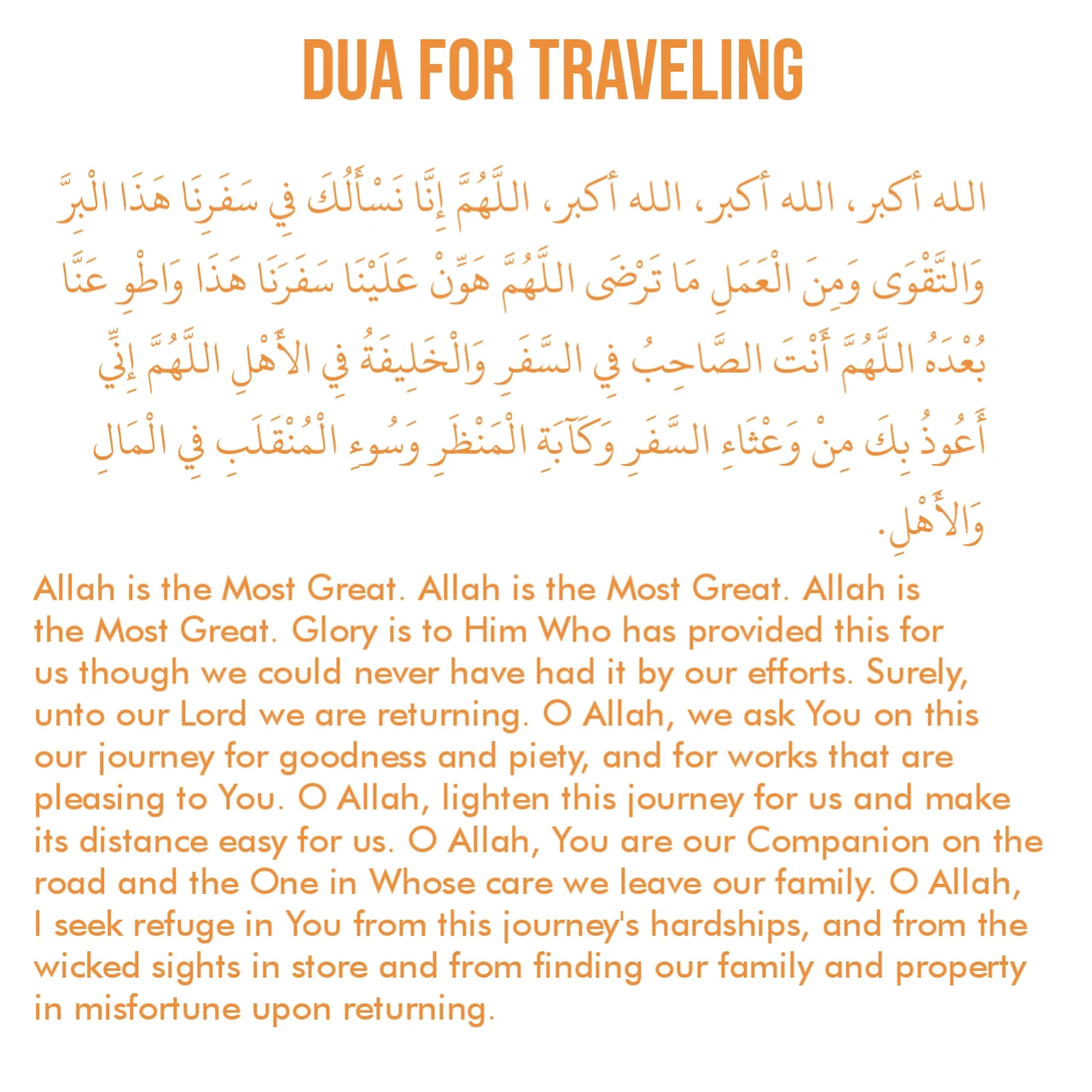
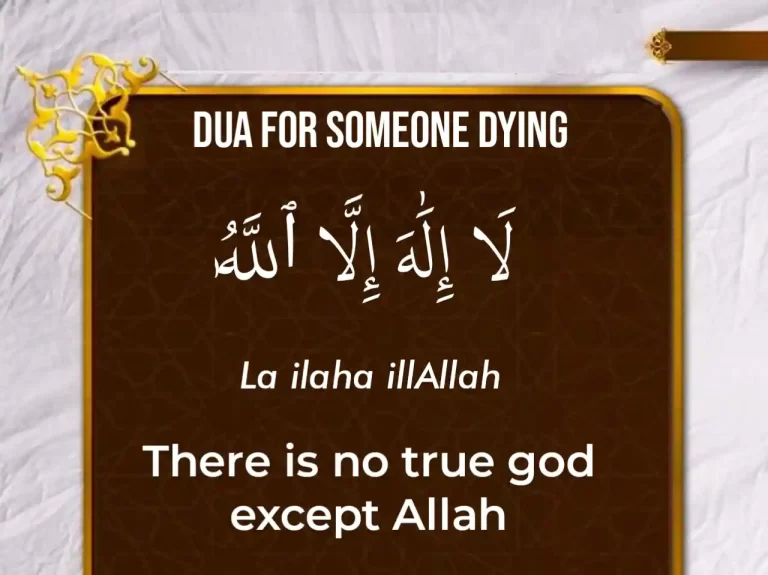
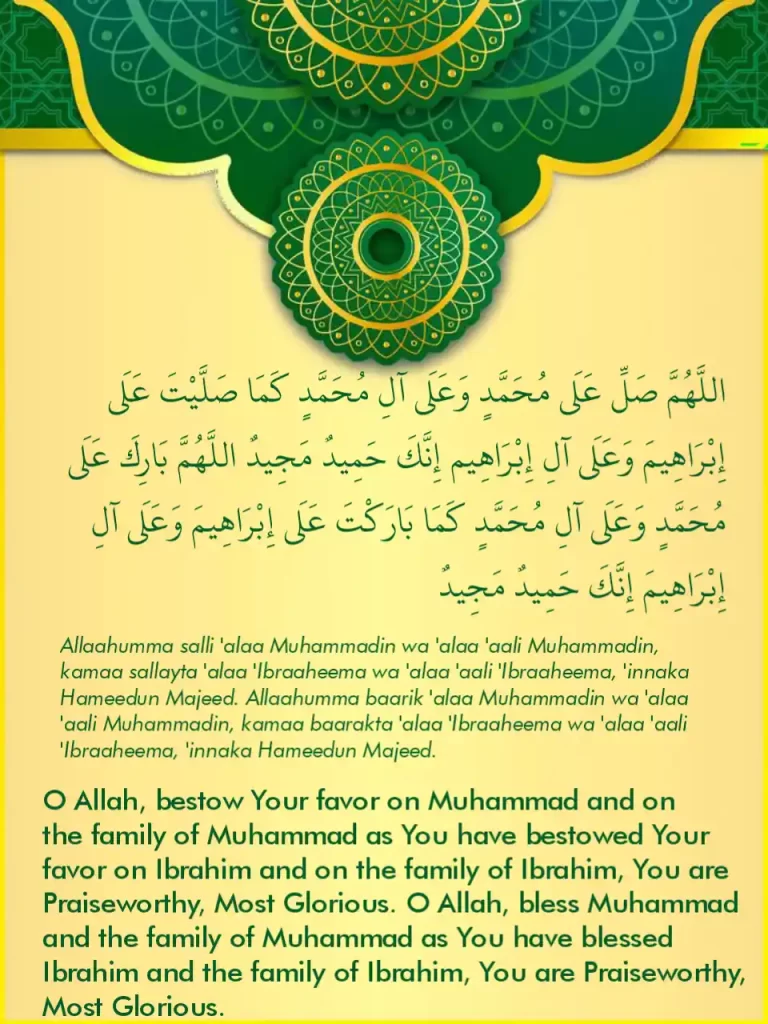
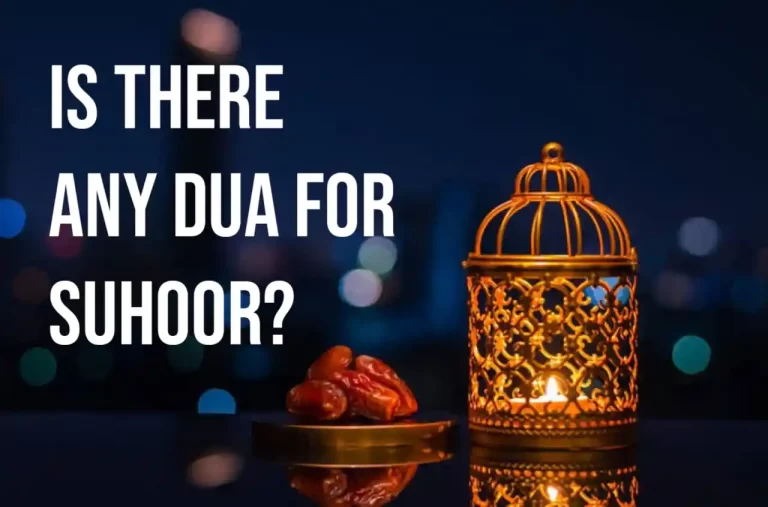
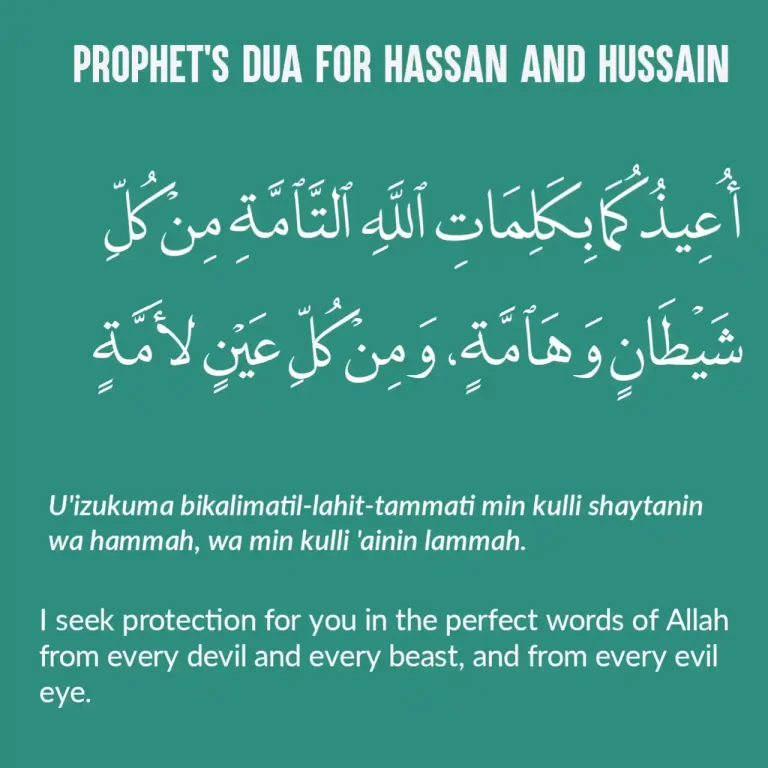
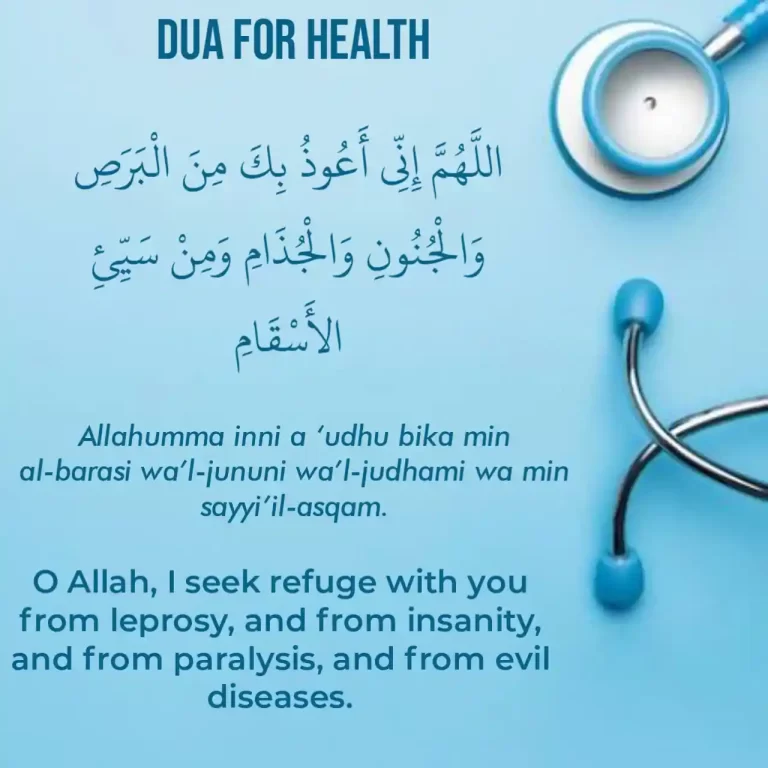
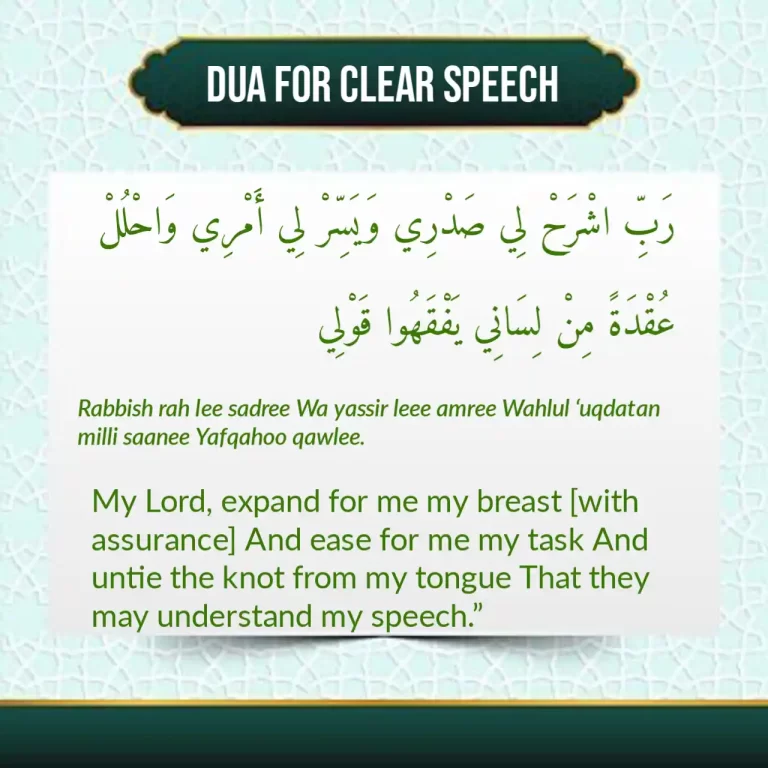
One Comment